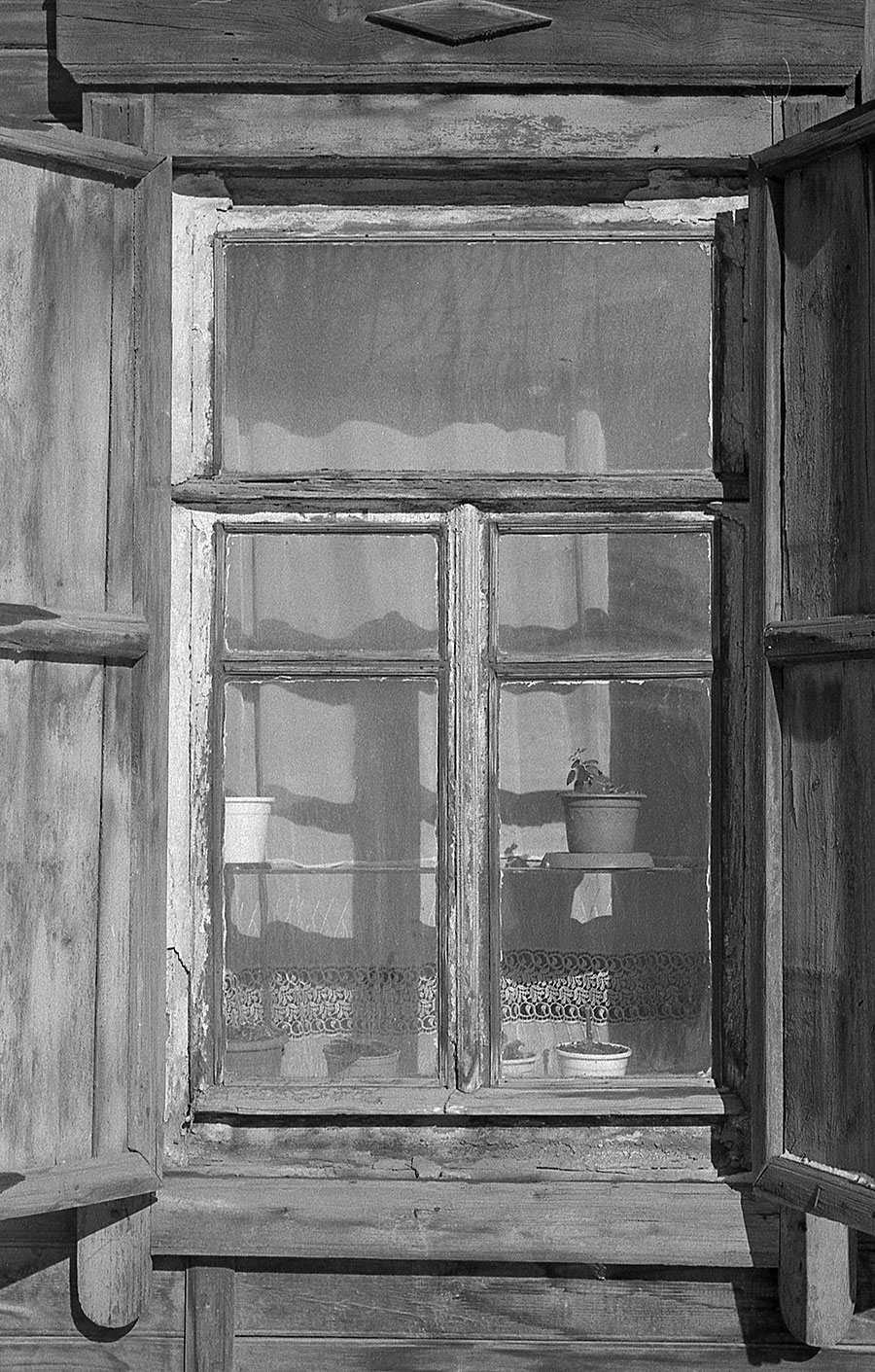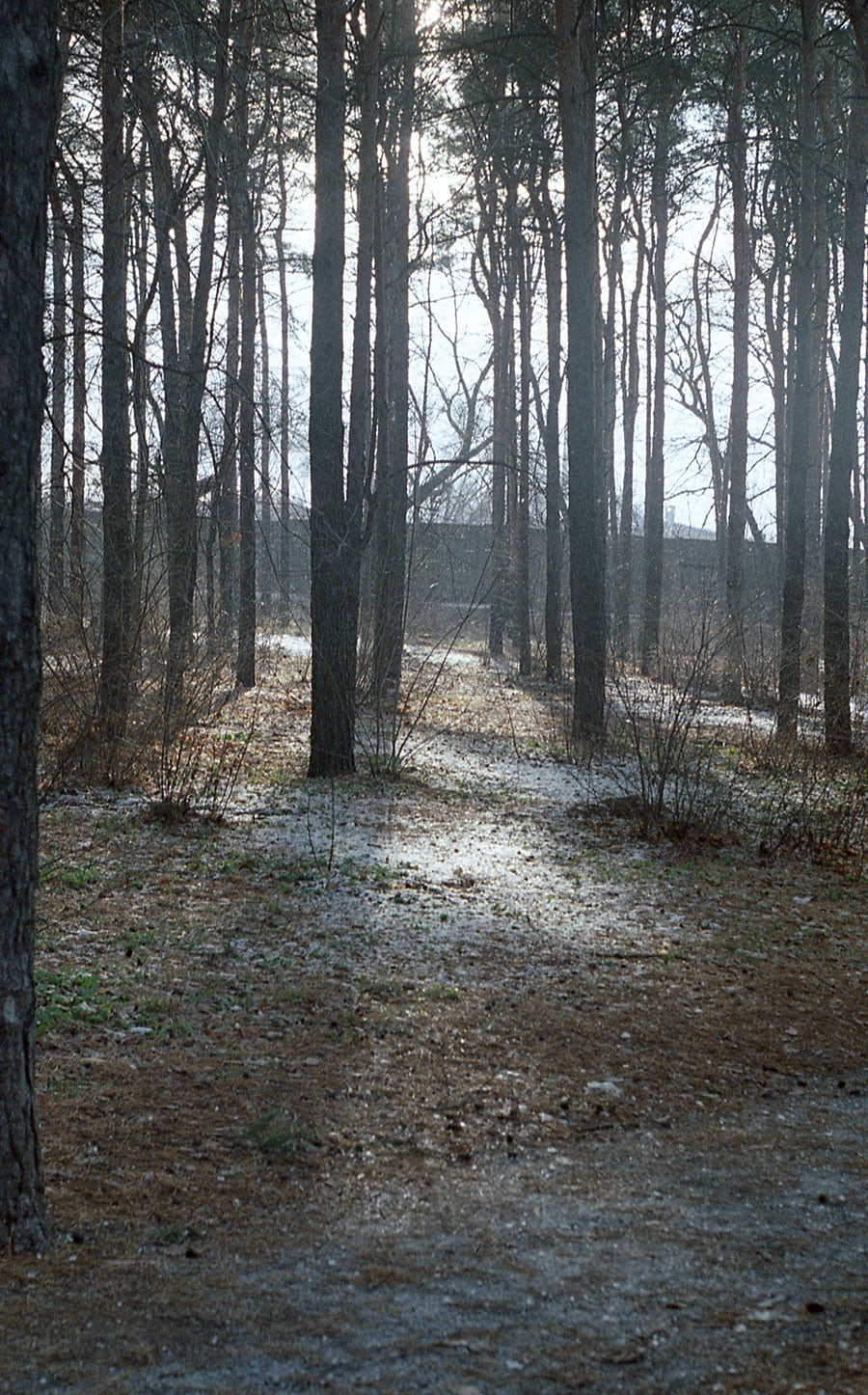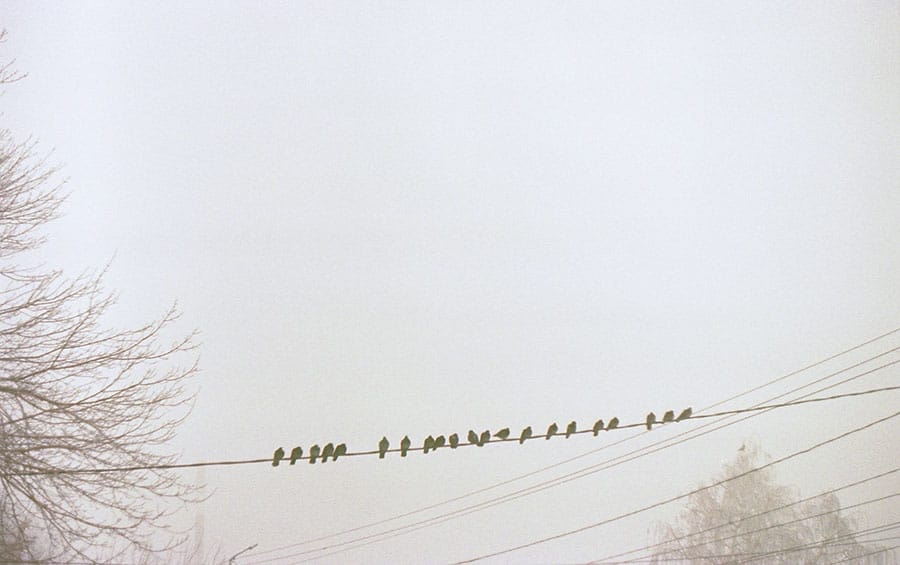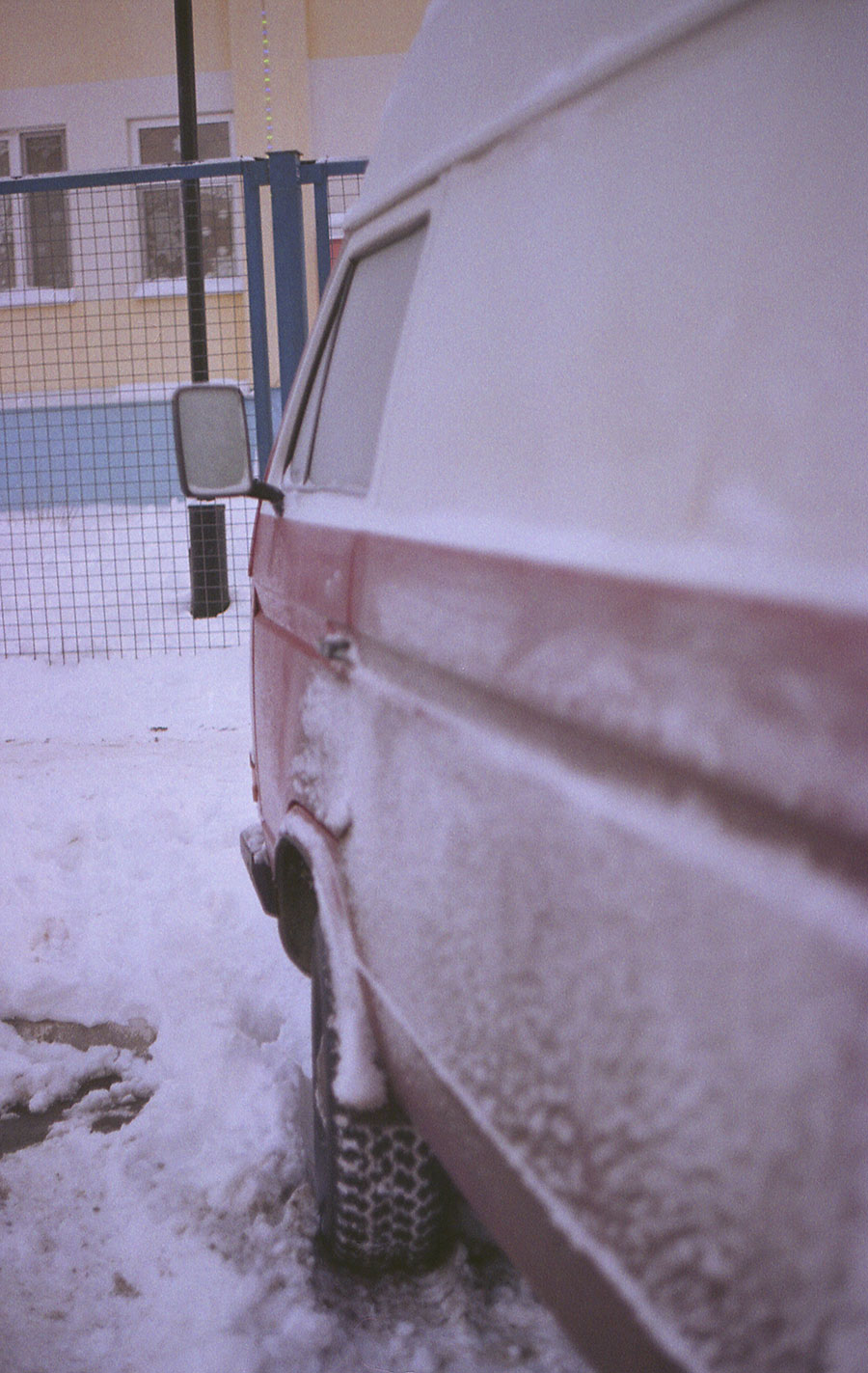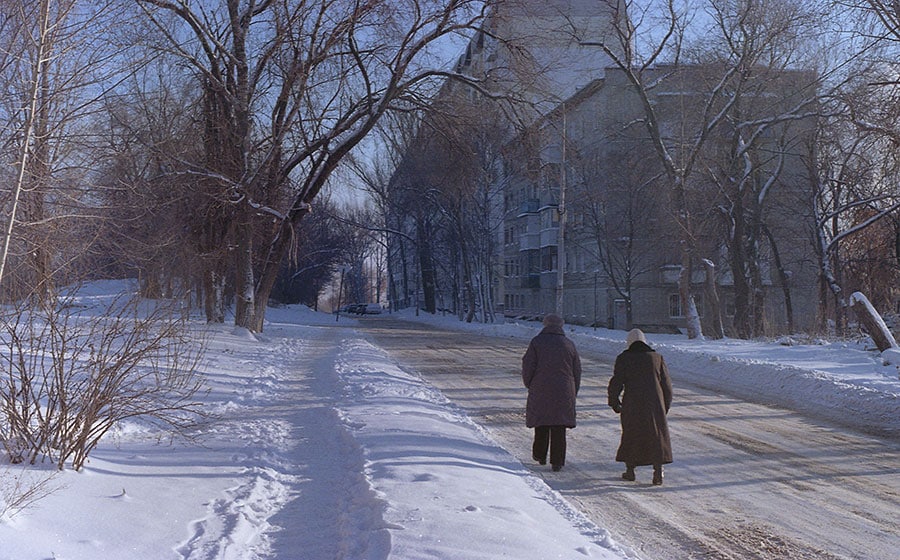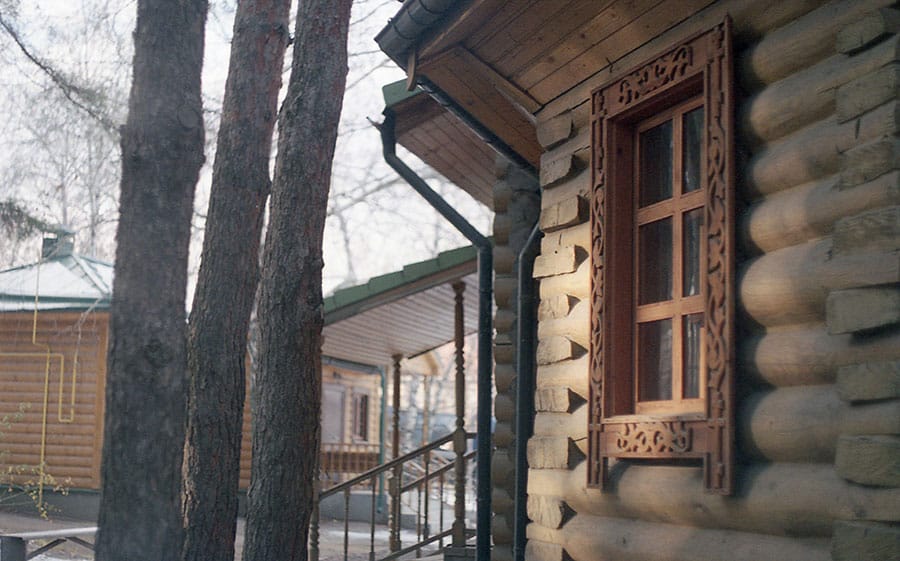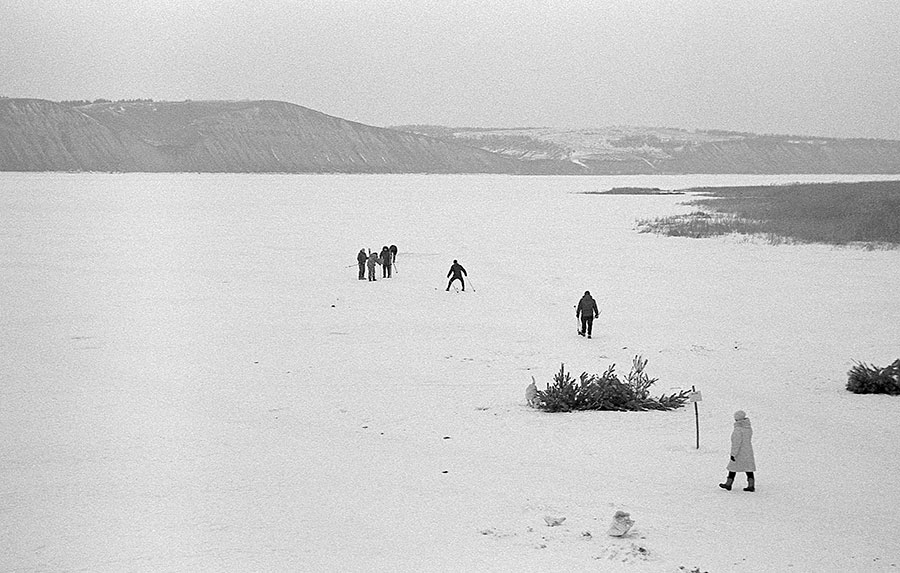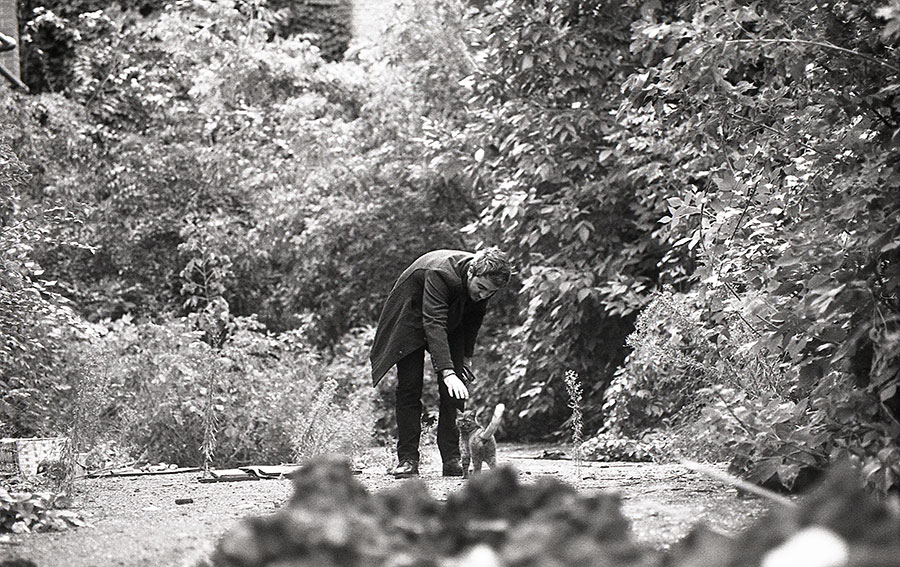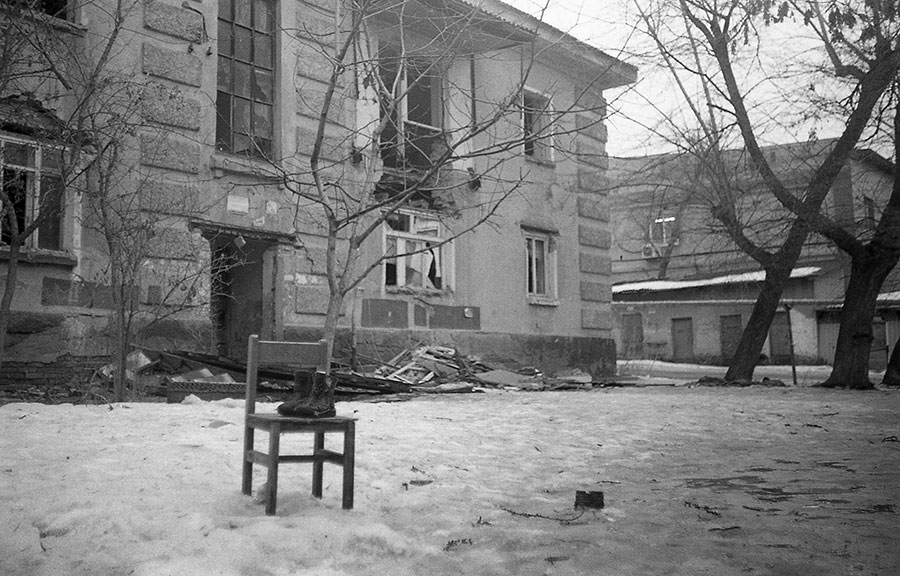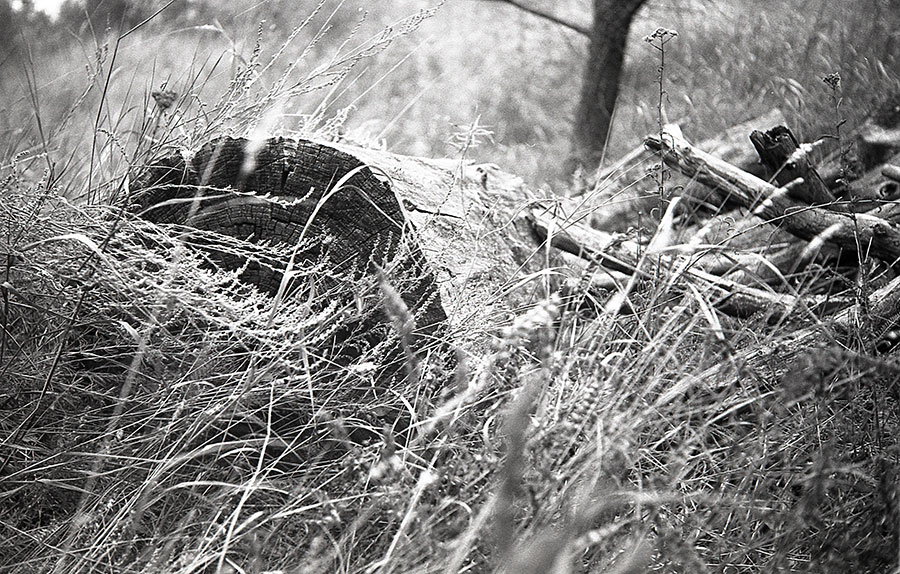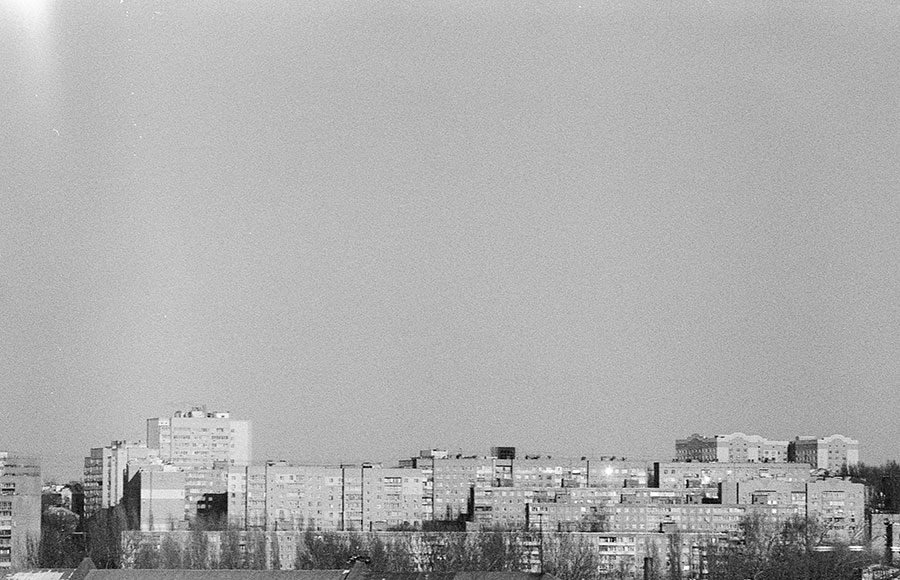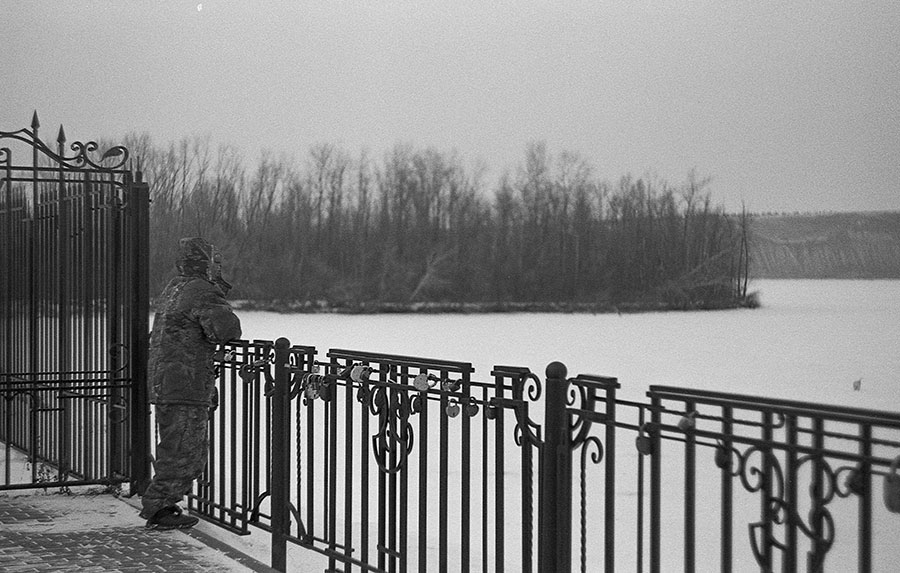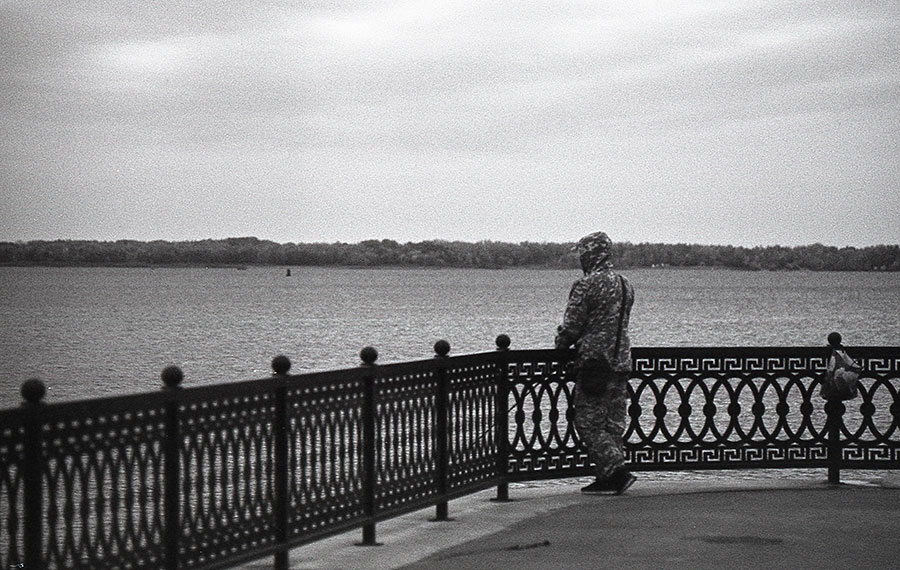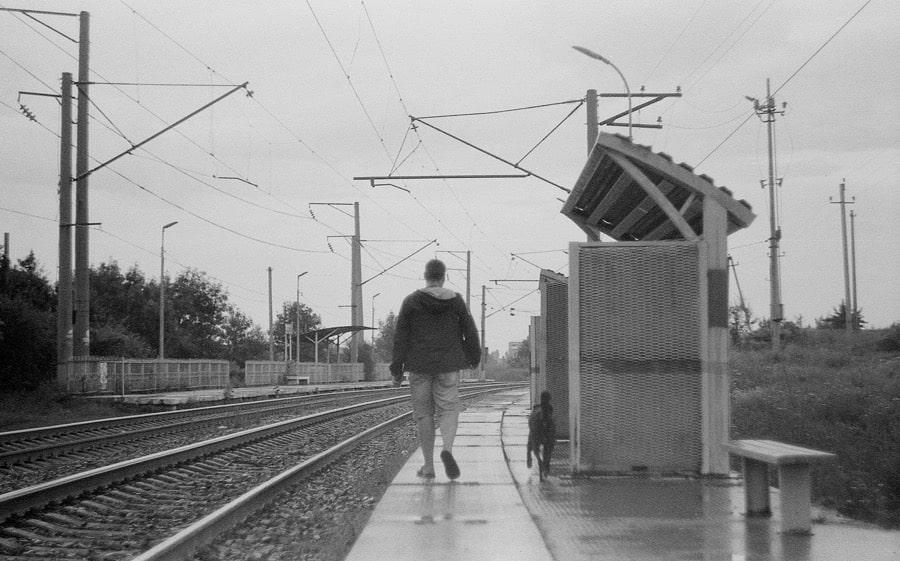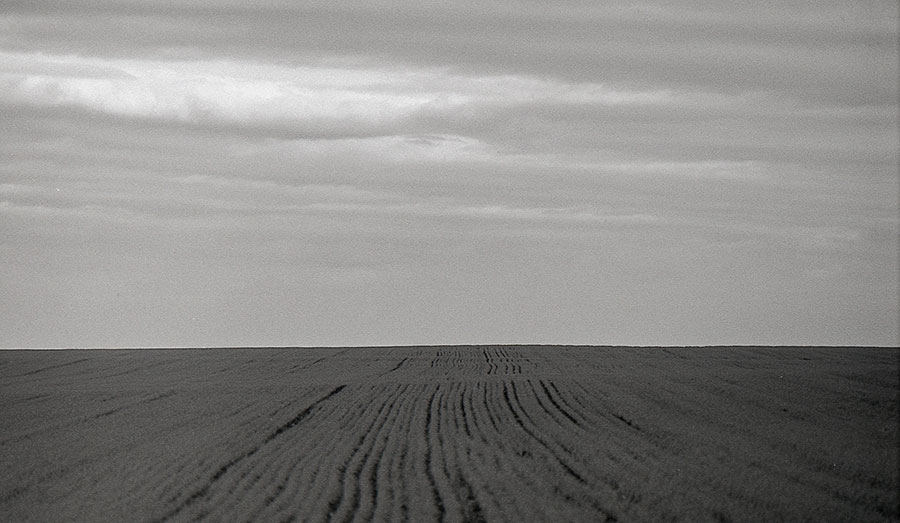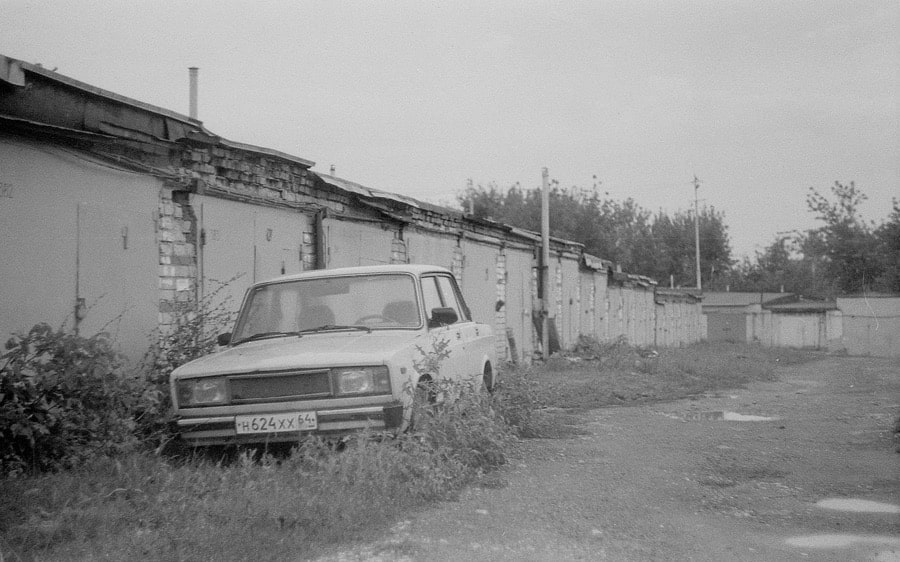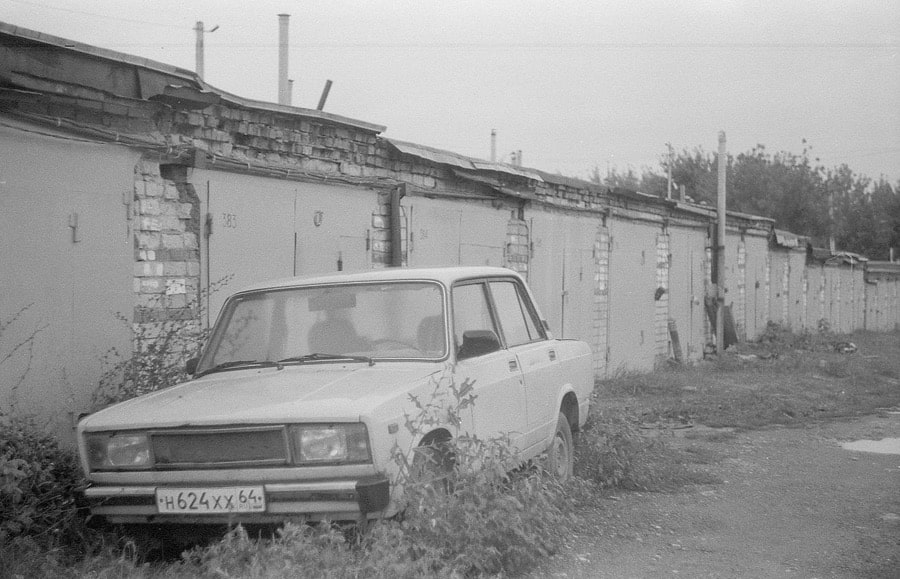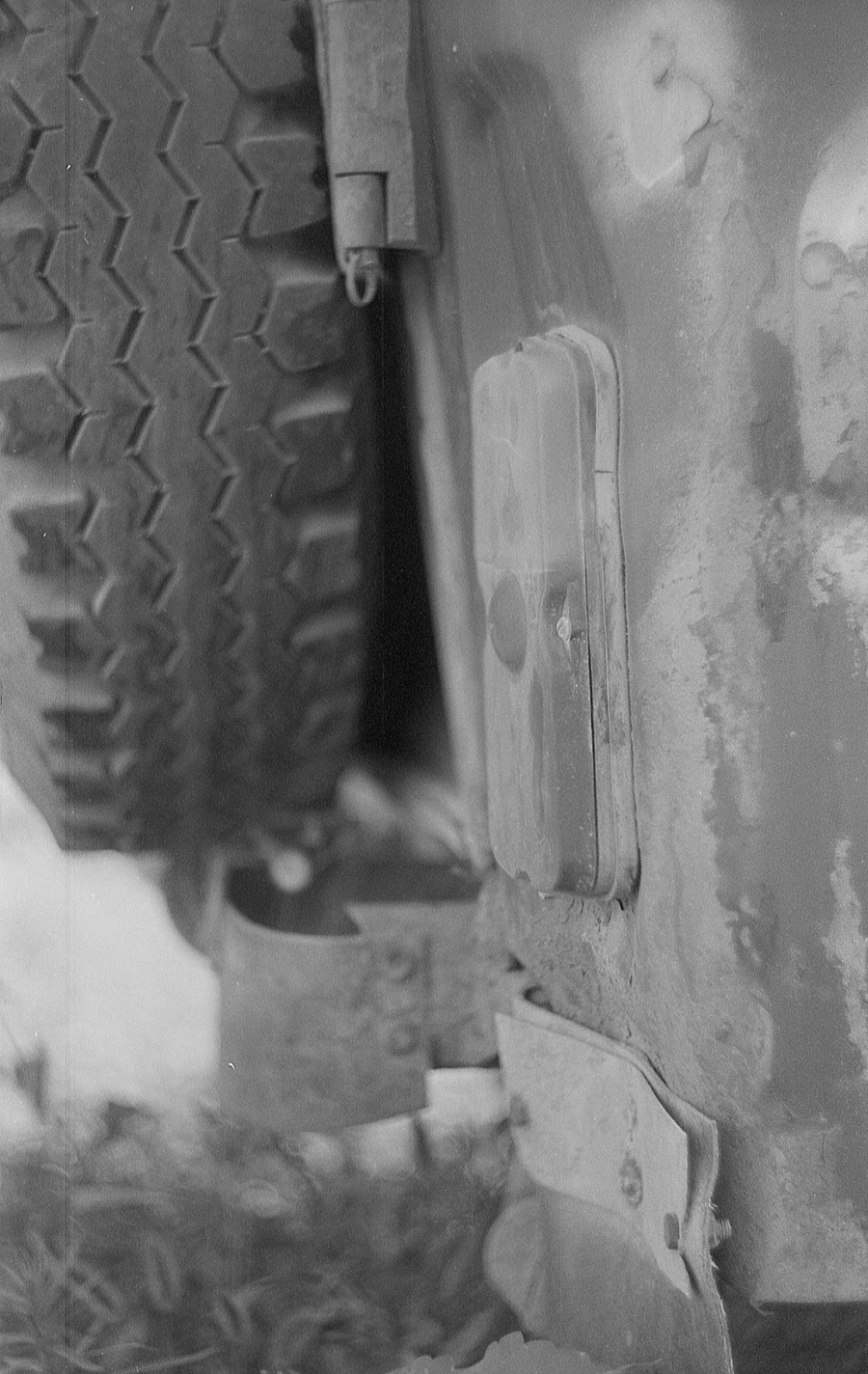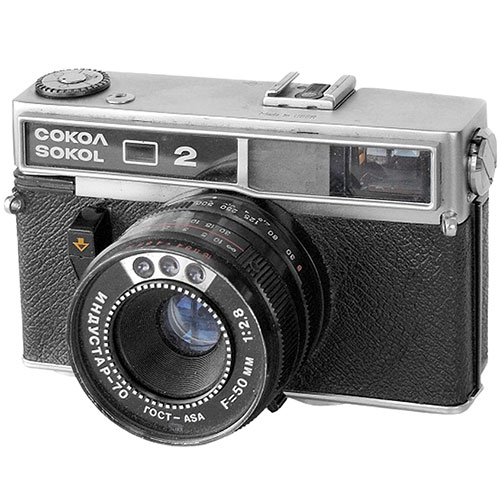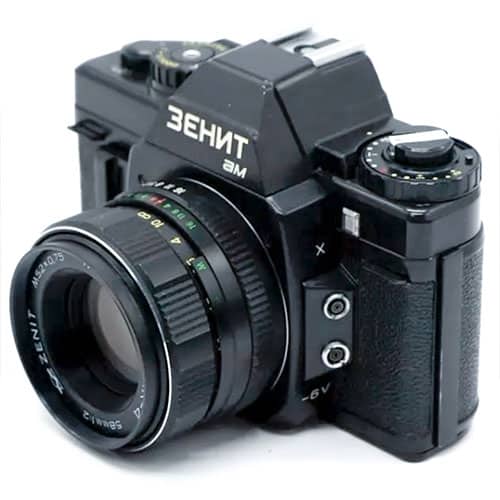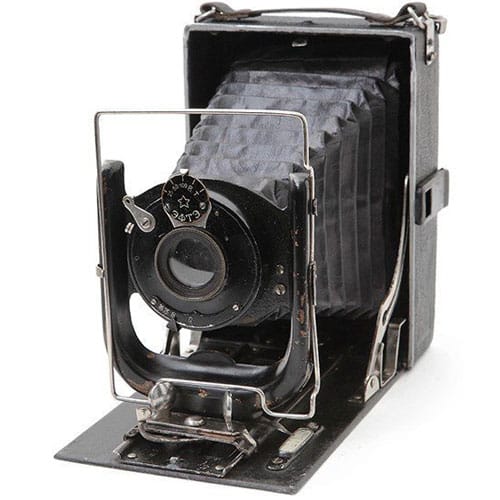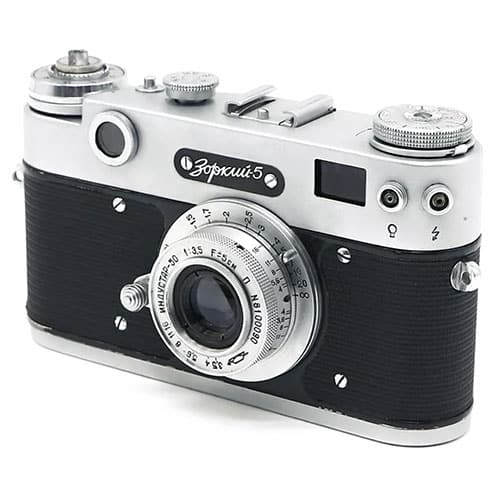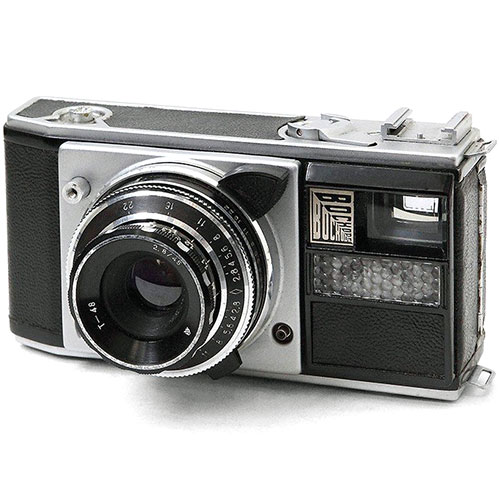Almaz
Almaz-101, -102, -103, and -104 are 35mm single-lens reflex cameras created at the LOMO factory and intended for professional photojournalists.
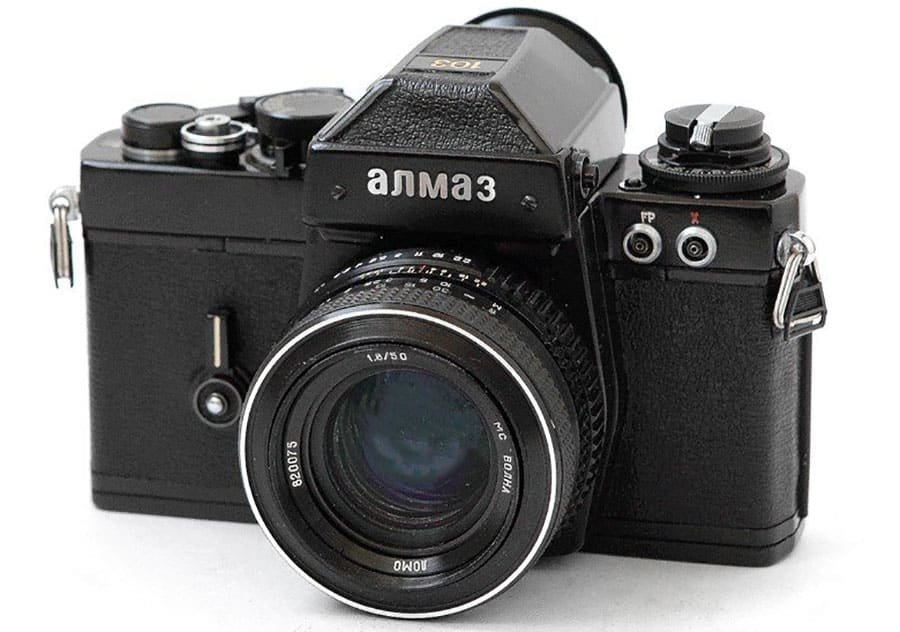
If you have previously read articles from our website, then you know that before the creation of the Almaz camera in the Soviet Union, they had repeatedly tried to create a professional SLR camera. But each time these attempts ended in failure. This was facilitated by the poverty of the Soviet population, poor quality control in factories, state regulation of enterprises, lack of competent specialists, and many other factors.
Almaz Specifications
- Type: 35mm SLR camera
- Manufacturer: LOMO plant
- Production period: 1979-1989
- Format: 24x36cm on 135 film
- Lens mount: Pentax K-mount
- Lens: MC Volna f1.8/50
- Shutter: focal-plane shutter with speeds from 1 to 1/1000 sec.
- Viewfinder: SLR with removable pentaprism
- Lighmeter: built-in TTL light meter
- Flash synchronisation: sync socket “X”, sync speeds from 1/60 s and longer.
- Selftimer: mechanical
- Weight: 1070 grams
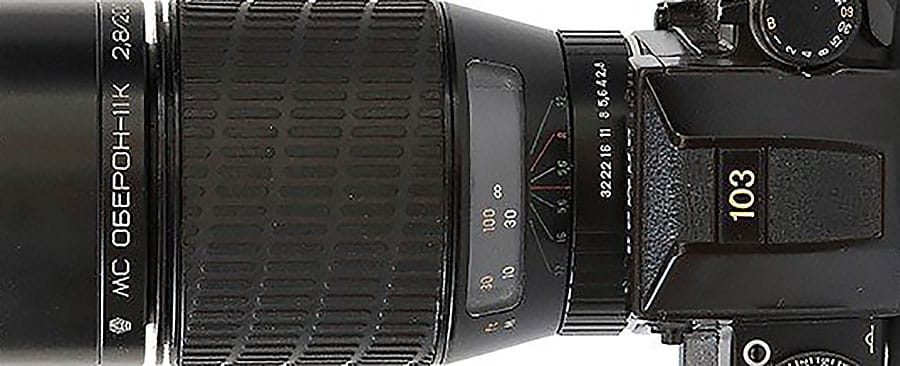
The Soviet photo industry already at that time created and managed to stop the production of cameras such as Leningrad or Start. Despite a considerable number of failures, Soviet photographers needed professional equipment. And in the late 70s, the Soviet Union once again decided to try to create a professional camera, but this time at the GOMZ factory.
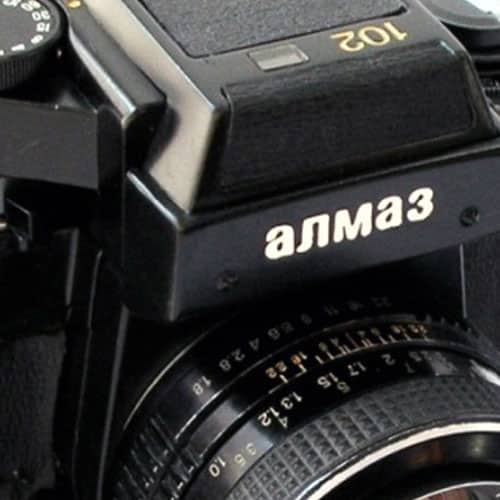
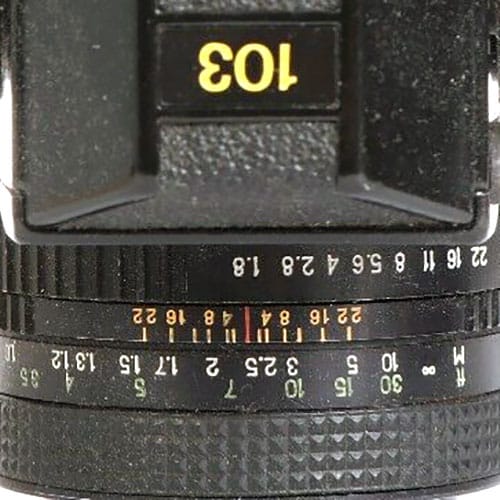
The Almaz camera was developed on the basis of Japanese and German cameras. One glance is enough to understand that the cameras of this series are very similar to Nikon F.
In total, there is information about four cameras in this series:
- Almaz 101;
- Almaz 102;
- Almaz 103;
- Almaz 104.
But now you can find only Almaz 103 since the rest of the models were released in single copies.
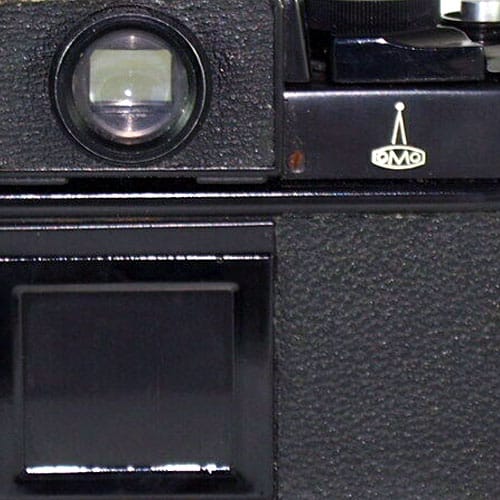
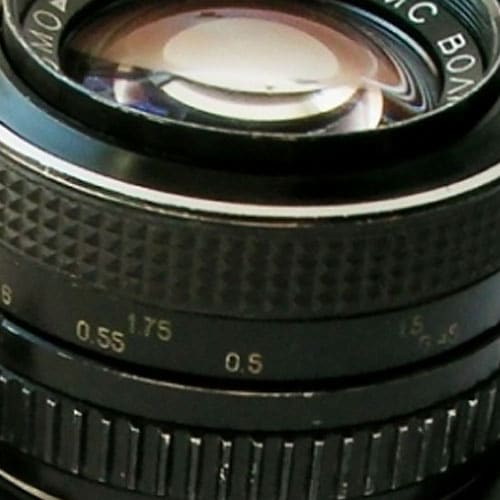
Like Nikon cameras, Almaz has a shutter with metal lamellas. These camera models have different shutter speeds, for example, Almaz 101 had shutter speeds from 8 seconds to 1/1000, and Almaz 103 from 1 second to 1/1000.

The viewfinder on these cameras was large, and 98% of the frame was visible in it, which is a huge step forward compared to 68% of the Zenit cameras.
In addition, the cameras were equipped with a TTL exposure metering system, which was also a rather rare feature for the Soviet photo industry of those years.
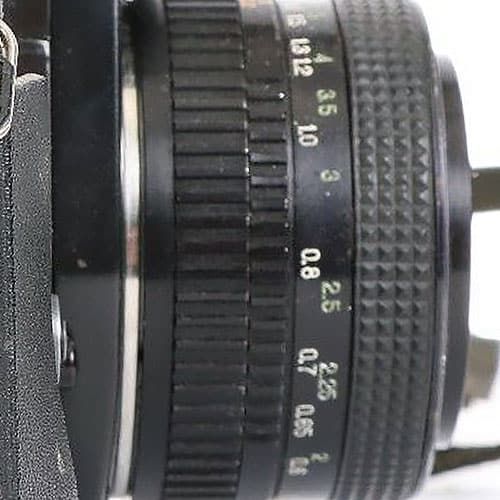
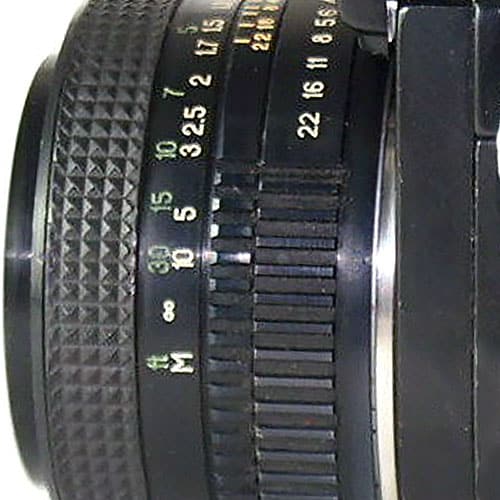
Almaz cameras were planned to be equipped with such lenses as MC Mir-47K 2.5/20, MC Volna-10 1.8/35, MC Volna 1.8/50, MC Volna-4 1.4/50, MC Vega-13 2.8/100 and MC Yantar-12 3.5/35-100. Most of these lenses are very rare and very difficult to find on open sale.
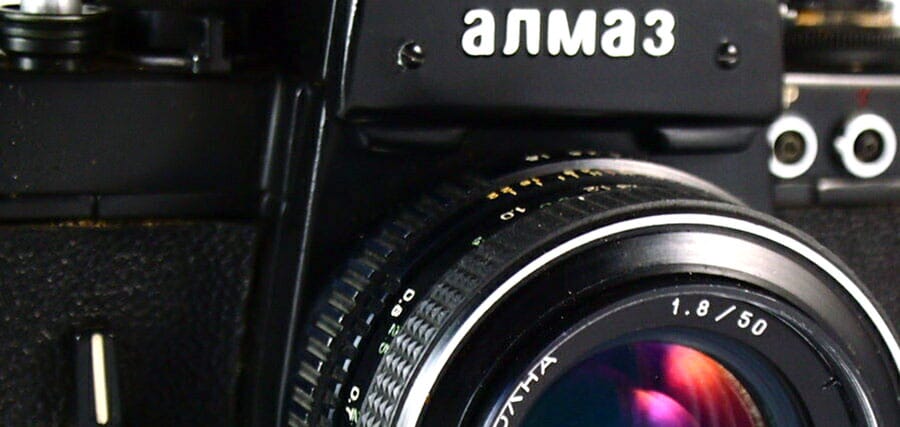
So what are exactly Almaz cameras?
This is a classic example of the Soviet industry and the Soviet approach to everything.
The task was to create a camera for professionals. Professional photographers themselves suffered from a lack of good cameras with good equipment. This task was to be performed by the plant. But the plant delayed all the development deadlines and released a camera that was not at all what was planned.
Later, the camera began to lag far behind progress and ceased to satisfy the needs of photographers. But, of course, Soviet factories could not continue to update the camera, as they do in Germany or Japan, and the production of cameras was stopped.
Of course, the Almaz cameras are superior to many other cameras made in the Soviet Union. But they are not very common in online stores and are relatively expensive, and their equipment is still inferior to German or Japanese cameras.
From this, we can conclude that if you really want to buy an Almaz camera, then you should probably do it. But we believe that it is much better to buy a more common and reliable Kiev 19, Zenit-122, Zenit-AM, or less equipped but much more charismatic Zenit 1.
ALMAZ PHOTOS

